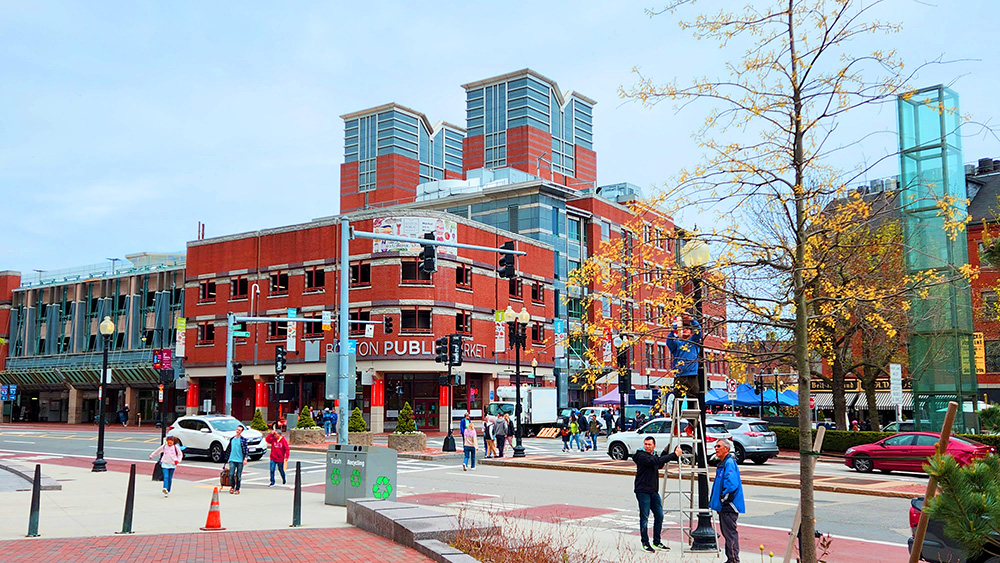[Sings Barry Manilow] Looks like we maaaade iiiit. 🎵 OoOoohHoooh. 🎶 The family has finally, triumphantly, moved to Massachusetts.
Not temporarily. Not on a whim. We’ve planted our roots—real, deep, resolute.
To recap, my family has successfully moved to Massachusetts—a milestone that’s been a long time coming. We’ve been planning this since our unexpected and rather forced 😱 relocation to Las Vegas, Nevada, in 2017.
But this journey didn’t just start in Vegas. Since leaving my 5-year job in 2014, we’ve been moving constantly—town to town, and even country to country—trying to find where we belong. Seven moves in total. Seven attempts to find a place that didn’t just house us, but fit us. Back in 2014, my wife was still my fiancée, we didn’t have kids yet, and we got married in 2015. So yes, this has been one long road.
And now, here we are.

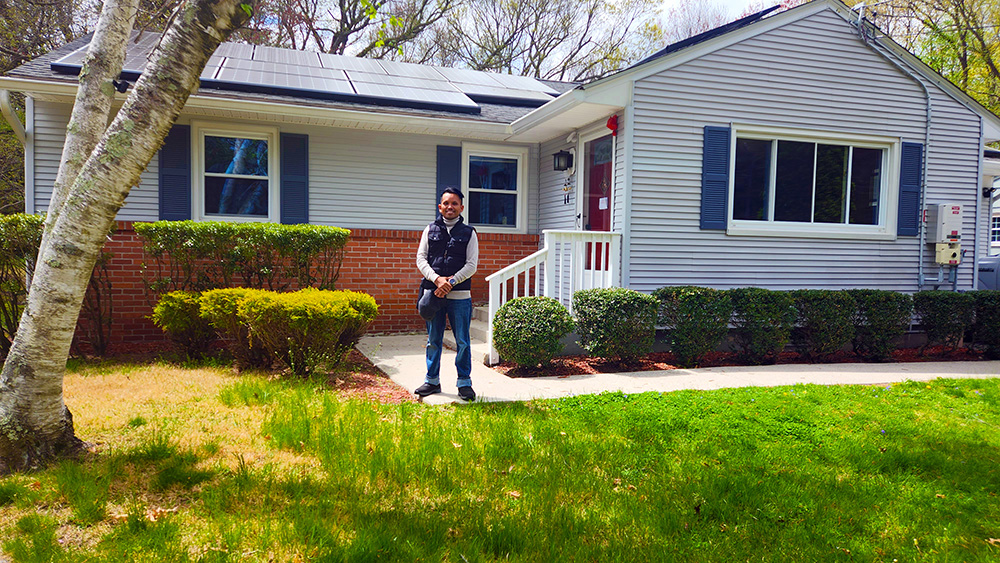


The move to Massachusetts isn’t just a relocation. It’s a culmination. A long-awaited reset button, pressed with intention. It’s more than just changing postcodes (zip codes)—it’s choosing the number one ranked state in the United States (and yes, I’ll be giving my reasons why that claim stands).









How We Moved
The logistics? Oh boy.
There were spreadsheets, moving truck quotes, delayed closings, boxes that shouldn’t have been taped shut but were, and at least seven things lost or damaged in the process (still not over the bollocks the moving company did to my Keurig machine). But we did it. We juggled remote work, school transfers, lease terminations, and the emotional gauntlet that comes with uprooting not just stuff—but stability. I had to make a personal list that combined:
- proximity to top-rated public schools
- safety metrics within a 5-mile radius
- driving distance to hospitals, parks, and food places
- and an x-factor that’s hard to define: “Would I proudly call this my new home?”
Massachusetts ticked every box. And then some.
When We Knew It Was Time
Timing is everything.
In 2023, as the economy wobbled and remote work started tightening, I had that moment—the kind of clarity you get during a long drive at night when the music fades and your thoughts take over. I realised: “We either do this now, or we’ll keep saying ‘maybe next year’ forever.”
So we did it. In the spring of 2024. Just as flowers bloomed and houses in New England were still (barely) affordable. We landed in our new home before the summer started.
It felt like destiny. And even if it wasn’t, I’ll claim it as such (actually, I don’t believe in destiny).
Why Massachusetts?
Well—aside from a few subjective opinions—I’m backing up my choice with data and sensibility. I don’t like making decisions based on ~vibes~ alone. I work with criteria. Measured. Specific. Because I’m not like most people (ergo, not average in thinking), I had to choose a state that consistently ranks within the Top 10 in:
- Education
- Special needs programs
- Healthcare and medicine
- Crime rates
- Median household income
- Humanist and secular culture

You’ll notice I didn’t chase lists like “Most affordable housing”, “Lowest cost of living”, “Best weather [1]”, “More guns than people for every 100km radius“, 💩 or the basic-bro move of mistaking political identity as quality-of-life metrics: “Least Woke States” 😅 Why? Because I believe in something simple but often overlooked: you get what you pay for.
And I will always pick what’s best for my family, especially my children, over what selfishly benefits me alone.
So now, let me explain—objectively—why Massachusetts is, pound for pound, the number one state in the United States.
#1: The best overall in Education
Massachusetts consistently leads the nation in education. Based on multiple reputable rankings and national metrics, it holds the highest percentage of residents with bachelor’s and advanced degrees. It also boasts some of the most renowned universities in the world—plus a robust public school system that stands as a model for the rest of the country.
Curious how the top states stack up in terms of educational attainment, investment, and outcomes? Here’s the list:
- Massachusetts
- Connecticut
- New Jersey
- Virginia
- Maryland
- New York
- Colorado
- New Hampshire
- Washington
- Minnesota
These rankings are drawn from factors such as:
- Educational attainment – the percentage of residents with a high school diploma or higher
- Student achievement – standardised test scores and graduation rates
- School funding – per-pupil investment and teacher salaries
- Teacher quality – training, credentials, and classroom experience
- Access to early childhood education – availability of pre-K and kindergarten programs
It’s not just about having good schools—it’s about building a culture where learning is woven into the DNA of everyday life.
That’s the kind of environment I want my children to grow up in. One where curiosity is normal, ambition is encouraged, and education isn’t just a phase—it’s a lifelong standard.
#2: Quality of Special Education Programs (IEP)
Massachusetts isn’t just a leader in general education—it’s a national benchmark when it comes to Special Education[2], [3], [4]. The state upholds some of the strongest legal protections for students with disabilities and champions inclusive education practices as standard, not exception. It’s also home to a high concentration of qualified special education teachers, speech pathologists, and support staff—making its IEP (Individualised Education Program) system one of the most comprehensive and effective in the country.
The top 10 states with the best special education programs, based on legal safeguards, classroom support, teacher training, and parental involvement, consistently include:
- Massachusetts
- Maryland
- New Jersey
- Connecticut
- New York
- California
- Illinois
- Pennsylvania
- Virginia
- Washington
Of course, many states are improving—but very few match Massachusetts in both consistency and depth.
This one’s personal for me. One of my kids—possibly both—has speech delay, and I want them in an environment that doesn’t just accommodate them but elevates them. They deserve care, patience, and access to every tool and professional who can help them grow into everything they’re meant to be.
I do not skimp on the ingredients when it comes to the people dearest to me. And if a state goes the extra mile for children like mine, then that’s the state that deserves to be called home.
#3: Massachusetts Has an Accessible and High-Quality Healthcare System
Let’s be clear—the United States, as a country, doesn’t rank anywhere near the top globally when it comes to accessible, affordable healthcare. 🤡🤣 When compared to other wealthy nations, we’re talking lower than 20th or worse.
But that’s not on our doctors, nurses, or medical professionals—they are some of the best in the world. The real problem is the corporate oligarchy surrounding our healthcare system: insurance giants, hospital conglomerates, and pharmaceutical price-gouging that drags the entire system closer to medieval conditions than modern civilisation.
That said—if you’re going to live anywhere in the U.S. and still want access to the best healthcare the system can provide—Massachusetts is where you want to be.
Massachusetts ranks second overall in healthcare performance nationwide. It excels in access to care, quality of service, public health investment, and long-term outcomes. Preventive care is a real, tangible thing here—not just a checkbox. Public health programs are integrated and effective. And women’s welfare? Taken seriously. Single mothers and low-income families receive some of the strongest support structures in the country.
Depending on which ranking or study you consult, things may shift slightly—but these ten states almost always land at the top:
- Hawaii – High coverage, low preventable hospitalisations, strong public health systems
- Massachusetts – Unmatched access, progressive healthcare policy, excellent provider quality
- Rhode Island
- Connecticut
- New Hampshire
- Minnesota
- Vermont
- Washington
- Delaware
- New Jersey
Top performers typically excel across four critical dimensions:
- Access to care – Availability of providers, insurance coverage, and affordability
- Quality of care – Treatment effectiveness, safety, and patient satisfaction
- Public health – Chronic disease prevention, screenings, and community wellness
- Health outcomes – Life expectancy, maternal/infant health, and disease management
So yes—the national healthcare system might be broken. But in Massachusetts, you see what it could be.
I’d rather raise my family where care is not a gamble, but a given. And in this state, it’s about as close to that ideal as it gets in America.
#4: Massachusetts has a low crime rate
When I first started researching state-by-state safety back in 2017, I noticed a frustrating trend: many sources don’t rank crime on a statewide level. Instead, they focus on individual cities—usually the ones with the highest crime rates per 100,000 people. That kind of data might scare people off, especially if they don’t know how to contextualise it.
But I’ve since learned that when you zoom out and assess overall statewide safety—based on violent crime, property crime, and law enforcement coverage—Massachusetts still holds its ground as one of the safest states in the country.
According to a range of reputable sources—WalletHub, USAFacts, World Population Review—Massachusetts consistently ranks among the Top 10 safest states, even when you include both major cities and smaller towns.
Here’s the 2023 safety ranking, which blends both violent and property crime rates:
- Vermont
- Maine
- New Hampshire
- Utah
- Hawaii
- Massachusetts
- Connecticut
- Minnesota
- Washington
- Rhode Island
Now sure—Massachusetts has its “problem children” like Holyoke and Springfield. Their crime rates are above the national average, per FBI data.
But let’s be real: if the state still ranks sixth overall even with cities like those factored in? That says a lot about how safe the rest of Massachusetts really is.
In our case, we chose one of the safest towns in the state—and I don’t say that lightly. I vet neighbourhoods obsessively before making any kind of long-term commitment. One of my favourite tools is SpotCrime.com.
I use it to check recent incidents within a 5-6 mile radius (12.5 sq-mi, to be exact), often checking every few weeks to track consistency over time. If I see a pattern of safety across multiple months? That’s green light material.
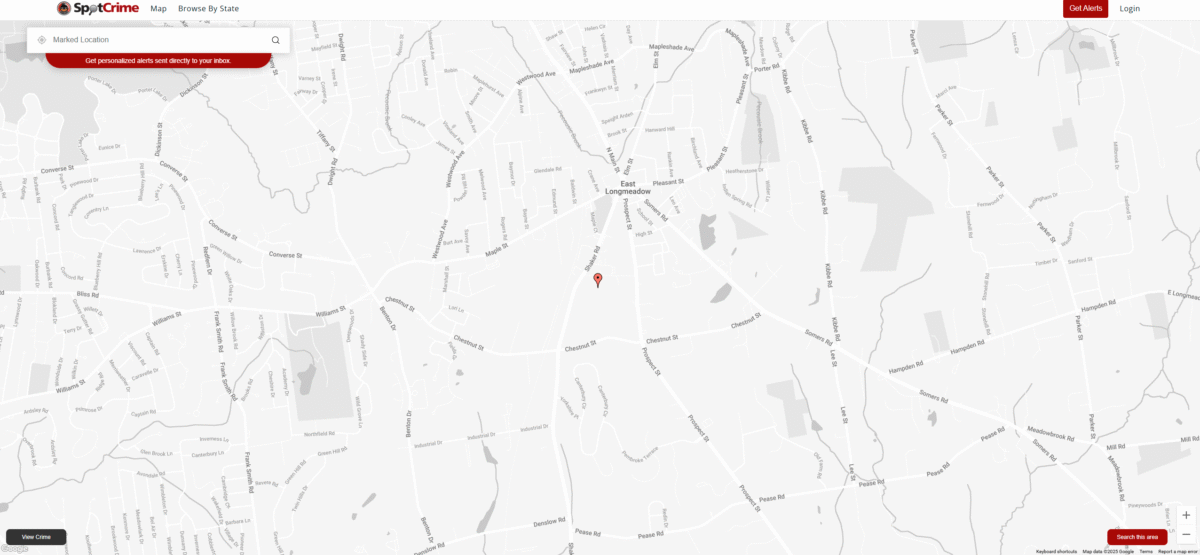
Semi-pro tip: Zoom out just a bit and include cities like Springfield or Enfield (CT), and the map changes dramatically. But within our 12.5 square-mile radius? Practically zero incidents. I don’t call that luck—I call that deliberate, data-driven decision-making.

And let’s not forget—Massachusetts also has some of the lowest rates in the nation for school shootings, domestic violence, and gun-related child fatalities. Even if a handful of towns have a bad rep, the majority of this state is peaceful, safe, and well-policed without being overbearing.
So yes—Massachusetts is objectively safe. And for a family with kids, that’s not just a “nice to have”—it’s a requirement.
#5: Fitting right in — median household income
One thing people often overlook when choosing where to live is how closely income distribution aligns with their own lifestyle and values. For me, that matters—a lot.
Choosing a state or neighbourhood with a strong median household income isn’t about status. It’s about stability. A high median income often correlates with safer communities, better schools, and stronger public services. Crime isn’t driven by race—it’s driven by economic desperation. When people can support themselves and their families, they don’t resort to desperate measures.
Education and opportunity go hand in hand with income. And while some might call this elitist, I’ll say it plainly: I prefer to live among people who are not only like-minded—but like-salaried, too.
According to consistent data from sources like the U.S. Census Bureau, World Population Review, and Statista, these are the Top 10 U.S. states with the highest median household income over the past five years:
- Massachusetts
- New Jersey
- Hawaii
- Connecticut
- California
- Washington
- Maryland
- New Hampshire
- Colorado
- Virginia
Of course, numbers may fluctuate slightly depending on the year and methodology—but the pattern holds: these states lead due to strong economies, highly skilled workforces, and diverse industry sectors. In short? Massachusetts isn’t just a good place to earn. It’s a good place to build.
We didn’t just fit in here—we belong.
#6: Humanist and Secular Culture
Let’s not mince words: the United States was never founded to be a Christian nation[5] [6] [7] [8]. The majority of the Founding Fathers were secular—many were Deists, believing in a distant, impersonal force of nature, not a micromanaging sky deity obsessed with human affairs. And their intent was clear: to design a Constitution that created a secular sanctuary, a nation where people could escape religious persecution—not recreate it.

Humanism, at its core, puts people first. It’s a philosophy rooted in reason, empathy, science, and individual dignity—not superstition, divine judgement, or centuries-old dogma. Secularism, meanwhile, doesn’t “erase religion”—it protects everyone from the tyranny of any one religion. It ensures the government stays neutral in religious matters, so laws apply equally—whether you’re Christian, Muslim, atheist, agnostic, or anything else.
A humanist, secular culture does three things exceptionally well:
- It protects individual freedom
- It accelerates scientific and social progress
- It prevents religious institutions from legislating their morality onto everyone else
This is why I admire Massachusetts. The state ranks 4th in the country for its population of non-religious residents—people who identify as atheist, agnostic, or simply “nothing in particular.” That’s not a moral failing. That’s intellectual honesty.
Based on data from Pew Research Center, Gallup, and multiple sociological studies, these are the Top 10 least religious states in America:
- New Hampshire
- Vermont
- Montana
- Massachusetts
- Oregon
- Washington
- Utah
- Wisconsin
- Missouri
- Colorado
Now here’s the kicker: the Founding Fathers left Europe to escape the toxic politicisation of Christianity. Fast-forward to today, and Europe—especially its western nations—has moved on. Countries like Germany, France, the UK, and all of Scandinavia are now far more secular than the U.S. And yet, ironically, it’s America—supposedly the beacon of modern freedom—that clings tightly to theocratic impulses, with nearly 50% still pledging allegiance to faith-based authority in public life.
We are in no way near to a complete theocracy (for about a few more months…? 9🤔😖) unlike nations such as Iran, Saudi Arabia, Afghanistan, the Vatican, and Mauritania, but in no other modern, developed, non-theocratic nation is religion this politically weaponised by the right-wing faction in the United States.
This isn’t about “hating religion.” Believe what you will. But the line between church and state was meant to be a firewall—and every time it’s breached, someone’s rights burn.
That’s why I chose Massachusetts. Not just for its schools, or hospitals, or safety—but because it respects people over dogma. Here, faith is personal—not policy. And that’s how a free society should work.
Falling Short: Poverty… and a Few Other Things
Yes—Massachusetts is the best. And I mean that. I wouldn’t leave this state unless something truly compelling forced my hand.
But like every place, it has its flaws. Some people hate living here—and while I may disagree, I won’t dismiss their reasons. Personal struggles are valid.
I thought Massachusetts would rank poorly in poverty rates. Surprisingly, it didn’t. It actually holds up fairly well, sitting at 10th lowest in the nation. That might be due in part to the sheer number of high earners living here—wealth that statistically offsets the individual income per capita. Add to that the reality that people who can’t afford to live here are often forced to move—to Florida, Texas, or wherever the rent doesn’t eat half their salary.
Regardless, here are the Top 10 states with the lowest poverty rates, according to multi-year data:
- New Hampshire
- Maryland
- Utah
- Hawaii
- Connecticut
- Minnesota
- Alaska
- New Jersey
- Virginia
- Massachusetts
Okay, the state isn’t that bad in poverty due to technicalities, but it’s still 10th in a “Top 10”. Poverty isn’t the only (somewhat) sore spot. Here are a few other areas where Massachusetts falls short:
Internet Speeds:
Despite being a tech-heavy state, average internet speeds aren’t stellar. Depending on the year and metrics used, Massachusetts ranks somewhere around 12th—still top-tier, but not where you’d expect a “tech capital” to land.
Keeping it Honest
I edited this statement about the internet speed in MA because my previous statement erroneously blamed residents for “fighting progress”. That is not true. While there are a few residents who are just satisfied with slow internet and not wanting to ‘waste time and money’ on infrastructure projects, I have found that it’s actually the big cable companies lobbying to stop a local government-run Fibre optic program that are more problematic.
Right, so there’s a fair bit of chatter going around that the big telecom companies, especially the ones who’ve been in the game for ages like Verizon, have been a right pain in the backside when it comes to getting decent broadband and fibre optic rolled out across Massachusetts. One of the main headaches, it seems, is all this kerfuffle with the utility poles. The companies that own the poles make it a proper faff – and a costly one at that – for anyone new, or even the local councils, trying to put up their own fibre. You hear stories of “make-ready” work taking donkey’s years, and the costs? Apparently double what you’d see in the states next door! It’s enough to put anyone off building new stuff, and it could even mess up the government’s BEAD funding, which is meant to help get everyone connected.
And it’s not just the delays with the wires and poles, you see. These big companies have also been getting their mitts into other things to stop any proper competition. That includes getting their mates in congress to bring in laws that make it harder for local Municipalities to set up their own broadband. They even try to block other companies from getting grants. Loads of places in Western Massachusetts are still stuck with internet that’s slower than a snail because the big boys haven’t bothered to invest, as they don’t reckon it’s worth their while in the countryside. So, what you end up with is a market where these massive companies have got a proper grip, and that’s meant less innovation, prices that are a bit of a joke, and service that’s not up to scratch. It’s no wonder the regulators are having a good hard look, and more and more people are thinking about doing their own thing with community-run broadband.
Public Transit Infrastructure:
Boston has high public transit usage, but the infrastructure? Not so great. Reports over the years have cited underfunded systems, aging trains, chronic delays, and crumbling MBTA assets.
One 2022 report ranked Massachusetts 39th in transportation infrastructure quality. And as someone who’s been dodging potholes on a weekly basis, I can vouch: the roads need help.
“I wish they paid as much attention to their roads as they do to education and healthcare.”
Housing Affordability:
This one’s personal—but also privileged. We just bought a great house in a great town. So no, I don’t suffer from this.
But objectively, Massachusetts has some of the highest housing costs in the country—especially in the Greater Boston area. Whether you’re buying or renting, it’s rough. Boston has even been named the most expensive city in America to raise children. Oof.
Tax Burden:
Massachusetts is not tax-friendly. Period.
High property taxes, state income taxes, and sales taxes combine to give it one of the heaviest overall tax burdens in the U.S. Depending on the index, it ranks near the bottom—sometimes 50th—for tax-friendliness.
If you like low taxes, this ain’t your paradise.
Business Climate:
Massachusetts does great in sectors like biotech, healthcare, and higher education—but not every business loves the cost of doing business here.
One 2024 report ranked Massachusetts 38th for overall business climate, citing high regulatory overhead, energy costs, and infrastructure inefficiencies.
These aren’t deal-breakers—but they’re not invisible either. Every good thing comes with trade-offs. And in Massachusetts, at least the trade-offs don’t come at the cost of your values, safety, or future.
Getting here wasn’t easy…
It’s not like we packed our bags and moved the moment the idea came up. We weren’t rich. In fact, when we first started researching the best places to live, our total household income was about the same as what a Massachusetts single mum with a secretary job earns.
We were stuck in Las Vegas—a place we never truly wanted to call home—But we dreamed. We dreamed of living in a place that felt a bit like Europe, but still within the U.S. A place with charm, intellect, culture, and standards. After meticulous research, Massachusetts rose to the top. Everything I’ve laid out in this article? It came from that 8-year-old research file. That dream had data behind it.
But getting here wasn’t easy.
In 2023, we were supposed to move—but life threw a wrench. I ended up working under a toxic manager at M-Corp who, in classic ego-driven fashion, got me fired for ridiculous reasons. That setback delayed our plans by a year.
Still, we didn’t fold.
Between severance packages, leftover PTO payouts, side gigs fixing websites, pay raises, year-end bonuses for being an awesome UX Designer, and every dollar from our regular salaries we managed to put in the joint savings account—we made it work. We scraped and stretched every cent to secure our future.
And now? We’re here.

After the downpayment, the renovations, the taxes—we were drained bone dry. But we’re climbing back. Slowly, surely, we’re regaining our financial rhythm.
We’re okay now. More than okay—we’re home.
Sure, its taxes are high, the roads are bad —like a post-Brexit pothole party on the M42 during a rainstorm—and yeah, there are Massholes on the road, in the comments section, and sometimes at the Dunkin’ drive-thru.
But we didn’t move here for perfection.







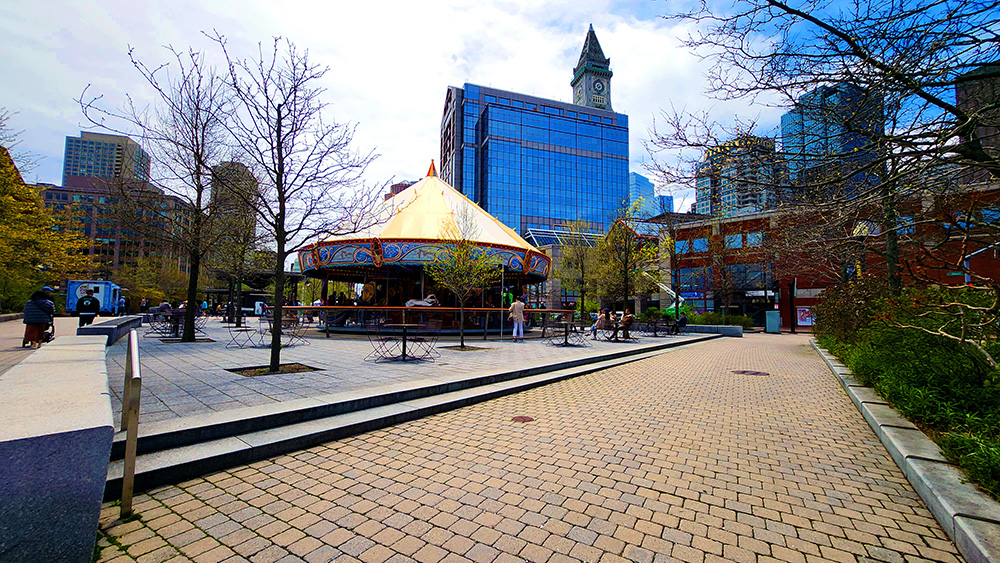
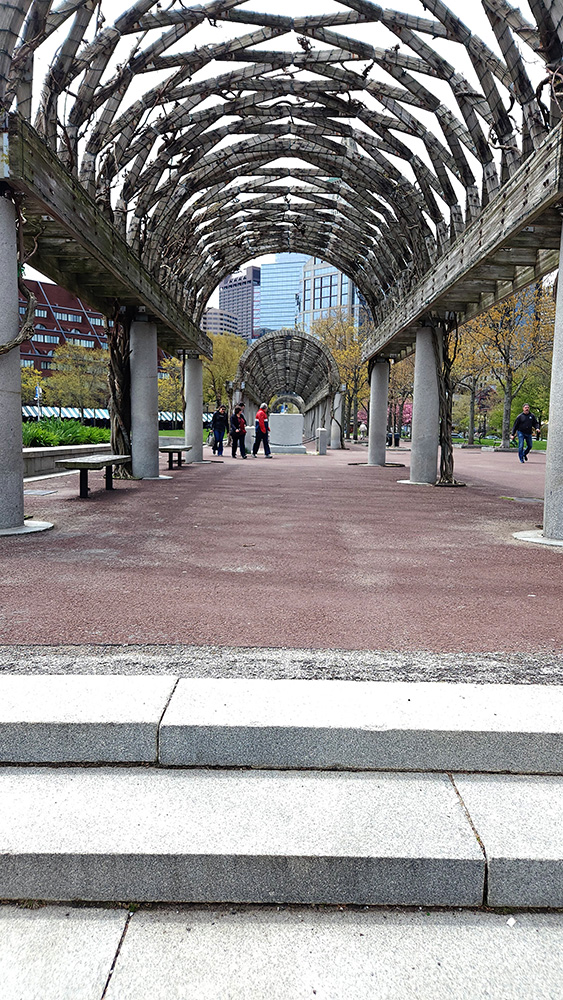
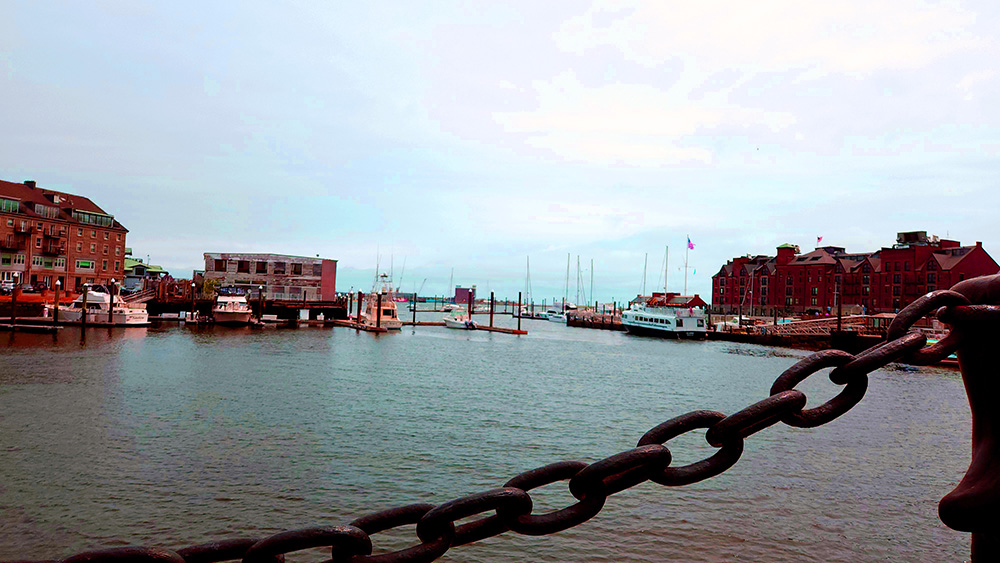
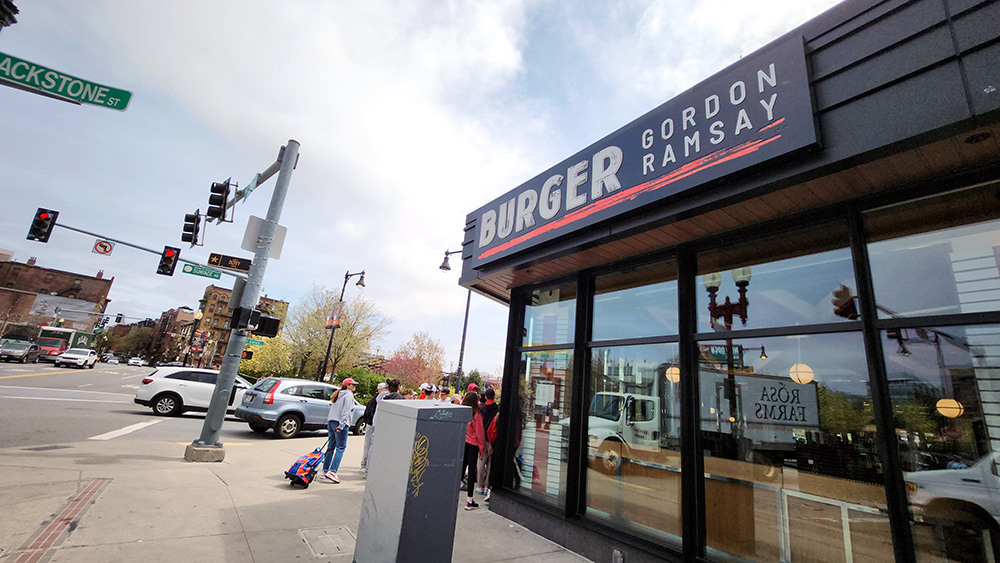

We moved for a Purpose.
For safety. For intellect. For opportunity. For our kids. For a better life—built not just on hopes, but on actual, measurable standards. We just prioritised the basics—education, healthcare, low crime, and decent household income—and wouldn’t you know it, we ended up in a progressive (liberal) state anyway. Funny how that works. Also, I’m sick of the sunny excruciatingly hot weather of Vegas for 8 years (as if I wasn’t already sick of the Philippines’ weather (and pollution) for 20 years 🤬).
You move here because, deep down, you’re tired of pretending mediocrity is acceptable—tired of “cheap” meaning “good enough.”
You move here to level up your life.
Oh, yeah—
Our pizza’s better than New York’s, too. 🤜🏽 🎤
- “Best Weather” my *ss; Being very fond of Seattle WA weather, the climate in the Northeast is very perfect for me ↩︎
- https://iep-attorney.com/special-education-law-blog/best-states-for-special-education-services-in-2023/ ↩︎
- https://www.niche.com/k12/search/best-school-districts-with-special-ed/ ↩︎
- https://www.masters-in-special-education.com/50-best-private-special-needs-schools/ ↩︎
- Is the USA a Christian nation? ↩︎
- The 1st Amendment of the US Constitution ↩︎
- www.uscourts.gov/about-federal-courts/educational-resources/about-educational-outreach/activity-resources/first-amendment-and-religion – United States Courts ↩︎
- Pew Research Center – American Secularism ↩︎
- With Donald—hailed by conservatives as ‘God’s favourite’ and the best poster child of Christianity—at the top of the executive branch, is planning to force religion into law, putting the First Amendment’s church-state line at risk and beginning by steering education toward conservative doctrine (see the Harvard clash). ↩︎
